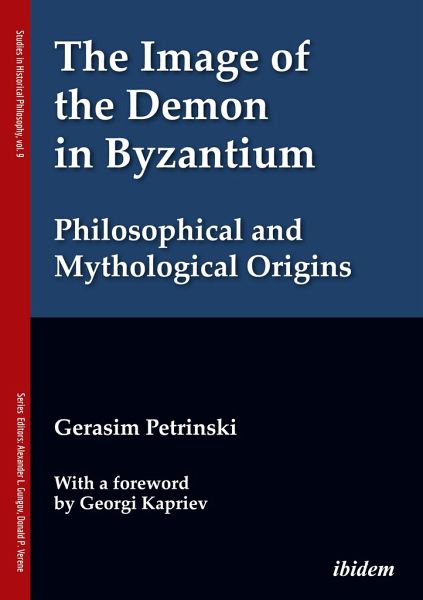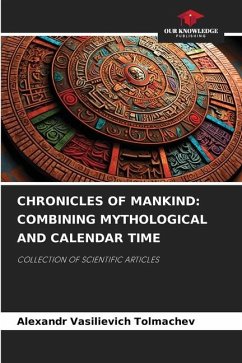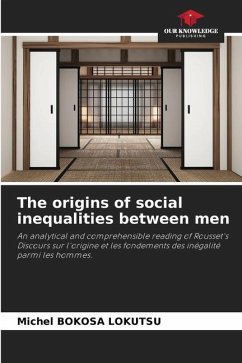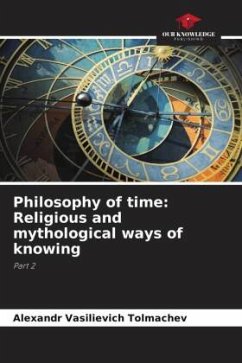
The Image of the Demon in Byzantium: Philosophical and Mythological Origins

PAYBACK Punkte
0 °P sammeln!
The image of the medieval and Renaissance demon attracts the interest of historians, philosophers, anthropologists, and many other scholars because of its huge impact on significant social and political phenomena and because of its relation to many philosophical and intellectual movements. Nevertheless, such researches are focused predominantly on the Western evil spirit. Its Byzantine 'colleague', on the other hand, has been somehow neglected, even though Byzantinology is at least a century-old field of research. This book attempts to shed light on a subject which has not been previously in t...
The image of the medieval and Renaissance demon attracts the interest of historians, philosophers, anthropologists, and many other scholars because of its huge impact on significant social and political phenomena and because of its relation to many philosophical and intellectual movements. Nevertheless, such researches are focused predominantly on the Western evil spirit. Its Byzantine 'colleague', on the other hand, has been somehow neglected, even though Byzantinology is at least a century-old field of research. This book attempts to shed light on a subject which has not been previously in the focus of such exhaustive research. The image of the demon will be presented in a very different and much more obscure epoque, for which the main sources are numerous, but not so well-known. The so-called Byzantine 'Dark centuries' are marked by political and social instability and theological crises. Nevertheless, during these troubled centuries one literary genre flourished. The Lives ofthe Saints, unlike the works of the 10th century humanists and encyclopedists, do not shine with the archaic light of the Hermogenean style or with the well-built reasoning of Procopius; they are vivid reflections of the real life, of the beliefs and the superstitions of ordinary people. The Evil and the demons are constantly present in this world and they deserve their own history and 'archaeology' "The combination of precision, accuracy, and stylistic elegance makes this this serious and erudite book both profound and pleasant reading." -Tzotcho Boiadjiev, Professor of Philosophy, University of Sofia













